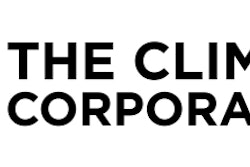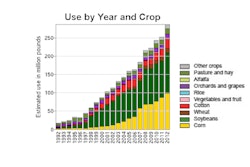
A group of European non-government organizations NGOs has sued agri-giant Monsanto and the EU's food safety watchdog for allegedly distorting scientific data on the carcinogenic effects of controversial weedkiller glyphosate, ahead of a key EU vote to renew its approval for another 10 years, according to The Nation.
The legal complaint was filed in Vienna by Austrian environmental group Global 2000, which spearheads the movement against Monsanto and the European Food Safety Agency (EFSA).
"There are suspicions that EU authorities and the industry tried on the basis of incorrect data analysis to keep glyphosate in the European market despite its likely carcinogenic effects on humans," said Global 2000’s lawyer, Josef Unterweger.
The complaint came days before representatives of the EU’s 28 members were scheduled to vote on March 7 and 8 on whether to continue to allow the use of glyphosate.
First used in the 1970s as the main ingredient in Monsanto’s herbicide Roundup, it is now one of the world’s most popular weedkillers.
But in more recent times its usage has sparked controversy, in particular after the UN’s International Agency for Research on Cancer (IARC) said last March that Roundup and similar products were "probably" carcinogenic.
However, the EFSA – which advises the European Commission, the EU’s executive body – found in November 2015 that glyphosate was "unlikely" to cause cancer.
The report prompted 96 prominent scientists, including from the IARC, to send a letter to the Commission, warning that EFSA report was "not credible because it is not supported by the evidence".
To read more, click here.



















